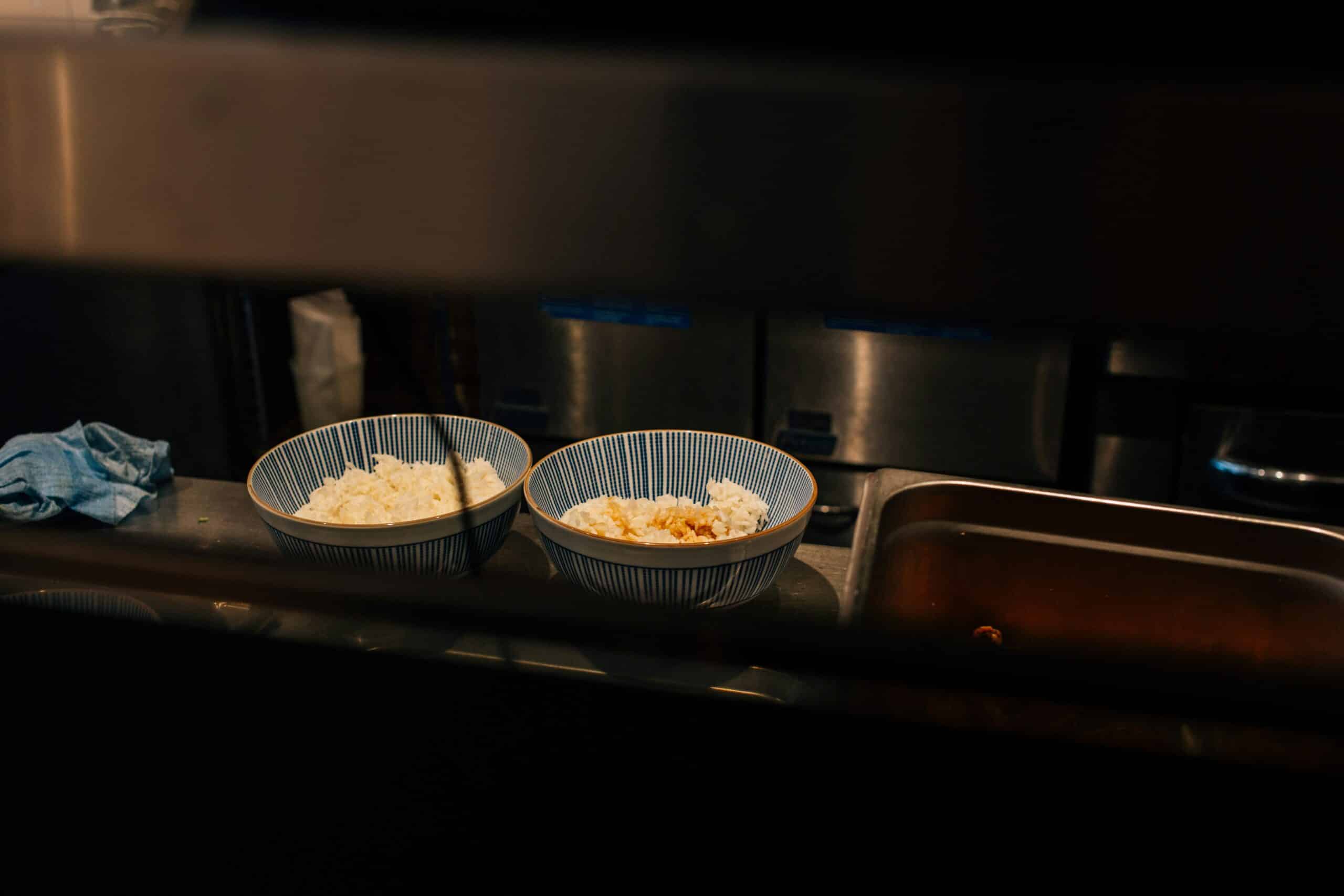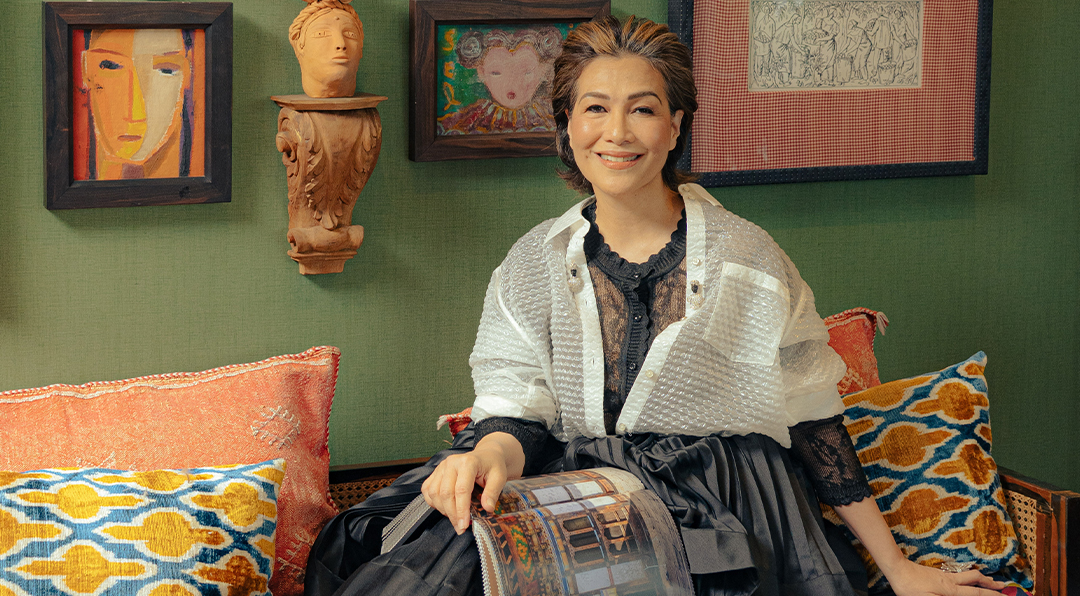
As Americans feasted on turkey Thursday during the nation’s first major post-election holiday, some took to social media to describe the political gloating, loathing and subject avoiding they experienced around the Thanksgiving table.
Facebook and Twitter posts, many even before dinner was served, revealed some people still struggling to come to grips with Donald Trump’s victory and others expressing relief that his rival, Hillary Clinton, didn’t win.
Some explained through posts and interviews that celebrating a holiday centered on gratitude and sustenance provided some healing of divisions, even if just temporarily.
Crisis averted
Sarah Littlefield feared the worst as she processed the election results and looked ahead to Thanksgiving dinner.
“If Trump wins b/c of Michigan, thanksgiving with my Marxist Michigander grandparents is going to be so painful,” she posted on Twitter earlier this month.
But on Thursday, Littlefield said things were going more smoothly than feared when her liberal grandmother and partner visited the home of her independent but conservative parents in Alexandria, Virginia.
“There is a lot of common ground — no one here found a perfect candidate,” said Littlefield, a 21-year-old who is studying American government and global studies as a senior at the University of Virginia.
Littlefield said she voted for Clinton but doesn’t know how her parents voted “because I don’t want to open that can of worms.” Her grandmother and partner said they opted for Clinton, but Littlefield said they don’t seem “most enthusiastic.”
Littlefield said the real concerns have involved dinner itself. Her family discovered Wednesday that the oven was broken, so they bought a turkey roaster. This is also Littlefield’s first Thanksgiving as a vegetarian, so, she said, “I’m making rice for myself.”
Turning the tables
Mike Mower considered setting up three tables at the Thanksgiving lunch he and his wife were hosting for a large group in Salt Lake City, Utah: one for Trump supporters, one for Clinton supporters and one for backers of independent candidate Evan McMullin.
But Mower, a longtime Republican and deputy chief of staff for Utah Gov. Gary Herbert, tweeted that there were too many Clinton supporters to go forward with that plan.
His wife overruled the plans for separate seating anyway, declaring that people would mix despite political affiliations. They did, however, intentionally put their eldest daughter, a 23-year-old liberal who lives in Brooklyn, far from her grandfather, an 86-year-old Trump supporter.
One son, a political science major and Clinton supporter, wanted to make the pie a representative chart showing Clinton won more of the popular vote.
“I told him ‘We’re not using dessert for political posturing’,” said Mower, laughing.
The kids are listening
In the run-up to the holiday, Bernadeia Johnson took to Twitter with some advice: “Thanksgiving is the first holiday after the election. children may not be at the adult table but they hear your convo. Model civility.”
On Thanksgiving Day, the Minneapolis grandmother and educator acknowledged there still could be some “talking smack“ around the dinner table at her cousin’s house.
“It’ll be loud and lively at our table,” said Johnson, former Minneapolis schools’ administrator who is now an assistant professor of education leadership at Minnesota State University, Mankato.
“We will argue and there will be conflict — in good fun,” she said. “Even if there wasn’t something going on, we’d have to find something for people to get riled up about.”
Johnson said she believes everyone at the gathering generally agree on political topics, and “we will make Trump the turkey.” However, if one cousin who predicted a Trump victory attempts to underscore that point, “We’ll just look at each other and roll our eyes,” she said.
She said it’s important for children to see people coming together — even in disagreement.
Hold the anger
With relatives scattered across the country, photographer Meri Bond was celebrating Thanksgiving with like-minded friends at a home on the Massachusetts coast outside Boston.
The political conversation among the Clinton supporters was largely an election post-mortem, not angry condemnation of the other side, she said.
That morning, Bond took to Facebook to encourage both sides to listen to each other, writing: “Let’s celebrate our shared humanity. Happy Thanksgiving, everyone.”
At her recent 50th high school reunion, she was struck by how difficult it can be for people with differing ideologies to do that.
“Even though I tried really hard to be upbeat on my posts, it’s pretty bruising try to communicate with people who don’t watch the same news, they don’t hear things the same way, they see Hillary in a completely different way than I do,” she said.
Still, she remains optimistic.
“Part of me is really curious to give (Trump) a shot and see where it goes,” she said.
In hot water? Here’s a hotline
White people who want to talk race issues at Thanksgiving can lean on a text hotline set up by an organization that wants people to seek out such conversations, not steer clear of them. The group, called Showing up for Racial Justice, says the idea was spurred after hearing from “newly politicized” people from around the country nervous about the holiday.
The hotline is designed to help people who get stuck in tough spots during racial conversations. They can text “SOS” and choose from a menu of options to get helpful facts or talking points so they can have respectful conversations without alienating family members, said Heather Cronk, co-founder of a group formed in 2009 amid backlash to election of President Barack Obama.
“I would liken it to the Butterball hotline, but it’s not about turkeys, it’s about your racist uncle,” said Cronk from her home in Washington, DC.














































